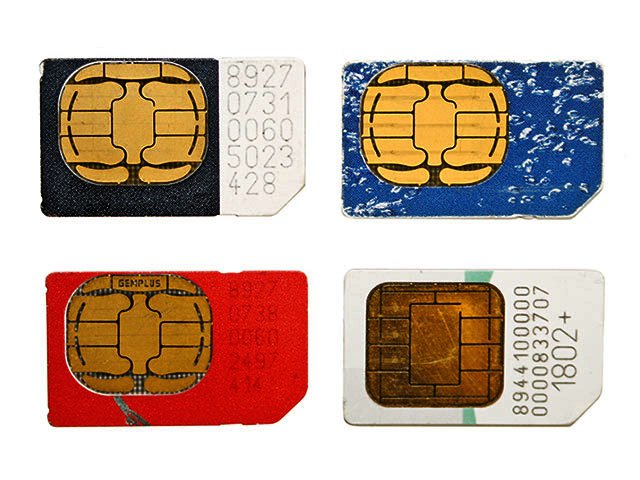ETSI to vote on new nano-SIM design standard next week
By Hanleigh Daniels 22 March 2012 | Categories: news
Next week, the European Telecommunications Standards Institute (ETSI), an independent standards body that delivers globally applicable standards for information and communications technologies, will be voting in favour of one of two proposals for the next generation nano-SIM standard.
According to the Financial Times (FT), this decision is important for the design of future mobile devices, as it will enable smartphone makers to bring more functionality to mobile phones and construct smaller as well as thinner handsets. The size of these new nano-SIM cards are about a third smaller than current micro-SIMs used in the iPhone as well as other smartphones including Nokia’s Lumia 800 and Motorola’s RAZR.
The first proposal has been made by Apple, which is trying to increase its number of votes within ETSI and who has the backing of most of the European mobile operators. FT’s source revealed that Cupertino’s nano-Sim could require a “drawer” to protect it, which is similar to the trays already employed within current iPhone and iPad models.
An alternative proposal has been put forth by Nokia, which is the largest voting body within ETSI and is supported by Google owned Motorola Mobility, as well as BlackBerry maker Research In Motion (RIM). This proposed nano-SIM design is reported to have “significant technical advantages”, but no further details about it was provided.
All handset makers will be able to utilise the elected design under licence, but according to FT, the Apple-led proposal has resulted in some concern amongst its rivals that the company may eventually own the patented design.
Most Read Articles

Have Your Say
What new tech or developments are you most anticipating this year?



